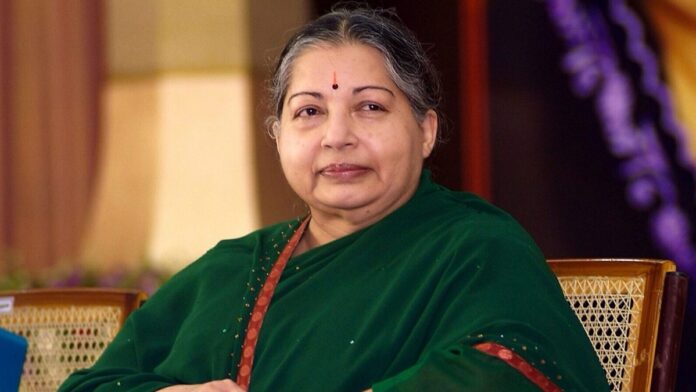The Supreme Court on Friday dismissed a plea by the niece of the late Tamil Nadu Chief Minister J Jayalalithaa, which sought the return of properties confiscated in connection with a disproportionate assets (DA) case. The bench, comprising Justices B V Nagarathna and Satish Chandra Sharma, reiterated that the abatement of proceedings due to Jayalalithaa’s death does not equate to her acquittal.
The legal challenge surfaced after a special CBI court directed on January 29 that all confiscated assets, including land parcels, bank deposits, and other valuables linked to Jayalalithaa, be transferred to the Tamil Nadu government. This decision followed the Karnataka High Court’s dismissal on January 13 of a related plea by Jayalalithaa’s niece, J Deepa, and nephew, J Deepak, who claimed rights to the assets as her legal heirs.
The controversy stems from a 2017 Supreme Court judgment in the State of Karnataka v. J Jayalalithaa, which found Jayalalithaa guilty of accumulating wealth far beyond her known sources of income during her tenure as Chief Minister from 1991 to 1996. While her death in December 2016 led to the abatement of the case against her, the convictions of her co-accused were upheld, and the asset confiscation remained enforced.
In its ruling, the Supreme Court clarified, “Abatement would not imply that the judgment of the high court has attained finality,” thus maintaining the validity of the confiscation order. It also upheld the lower courts’ decisions, which supported the notion that Jayalalithaa’s properties were rightfully seized due to the DA case.
Among the notable assets are Veda Nilayam, Jayalalithaa’s iconic residence in Chennai’s Poes Garden, and substantial estates, gold jewelry, and financial holdings accrued between July 1991 and April 1996. The high court did, however, grant Jayalalithaa’s heirs the opportunity to prove if any assets were acquired before this period. Should they successfully demonstrate such ownership, they would be entitled to the assets’ value, even if these properties were auctioned.




